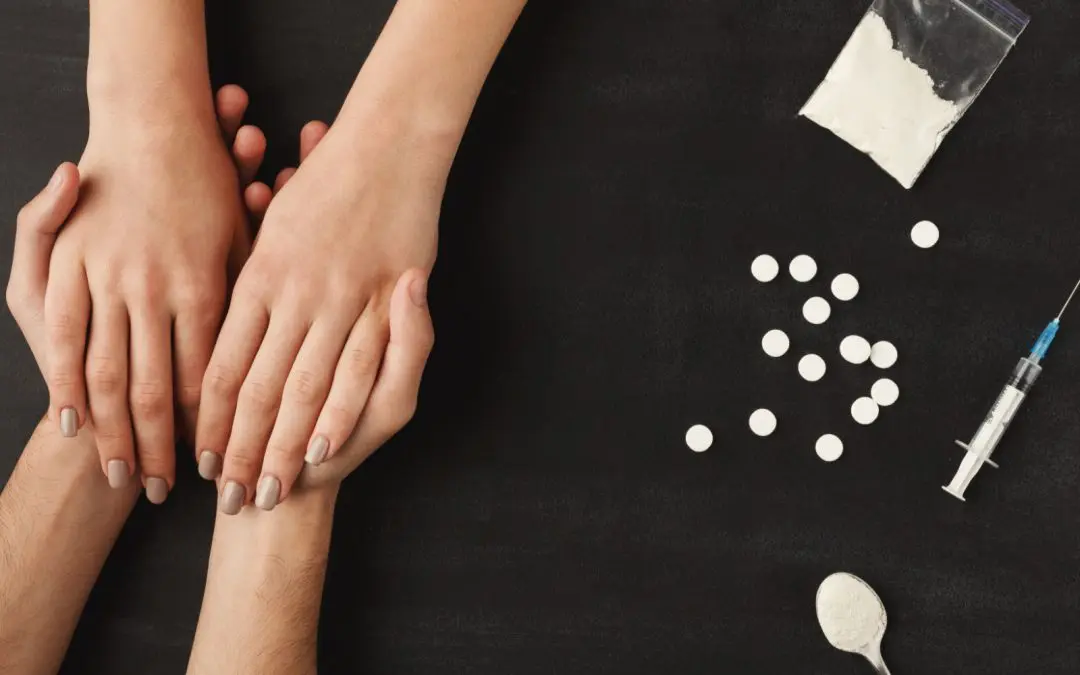24/7 Helpline:
(866) 899-111424/7 Helpline:
(866) 899-1114
Learn more about PTSD Rehab centers in Wilton
PTSD Rehab in Other Cities

Other Insurance Options

Sliding scale payment assistance

Optima

Health Net

Regence

GEHA

Ambetter

Kaiser Permanente

BHS | Behavioral Health Systems

EmblemHealth

Lucent

Self-pay options

Carleon

American Behavioral

Aetna

Private insurance

Ceridian

BlueShield

Group Health Incorporated

Premera

Excellus


Scenic Bluffs Community Health Centers
Scenic Bluffs Community Health Centers is a private rehab located in Cashton, Wisconsin. Scenic Bluf...

































Gundersen Behavioral Health
Gundersen Behavioral Health is a private rehab that specializes in the treatment of mental health an...















